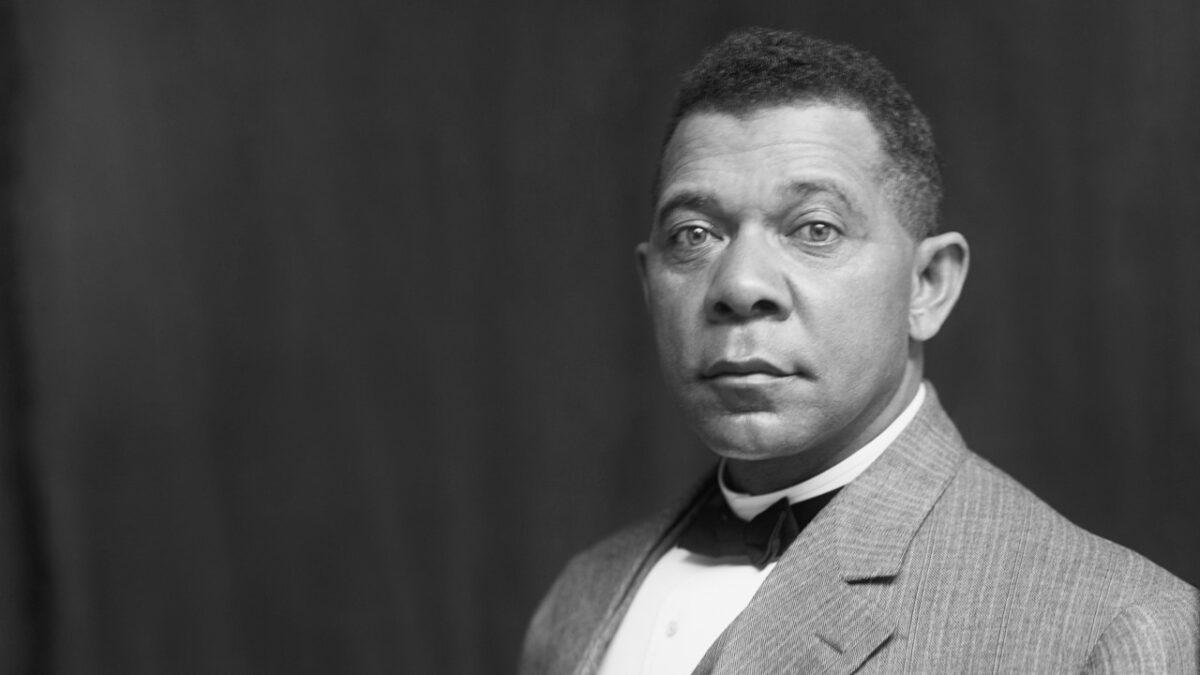On July 13 it was announced by the United States Naval Academy that 26 of this year’s football squad members had been elected on the American Athletic Conference All-Academic Team. The real story is in the details. Look below to see what their major field of academic study is in and what they will be doing with their lives when they graduate.
Football and athletics are a part of the general curriculum at our military academies. Many people are unaware that West Point—The US Military Academy, was named one of the top liberal arts schools in the country, yet the core curriculum at that institution is engineering. Many years ago, everybody graduated from our military academies with a degree in engineering or basic science.
The connection between “the classics” and basic science is underappreciated today in our world of DEI. Few colleges understand the value of a broad yet vocationally focused college education.
When I matriculated into the freshman class of Wittenberg University in 1969, I was truly a lost soul. I probably changed my major three times freshman year. I flunked one class and was on the verge of losing any access to financial aid. Two professors took control of my life at that point—one a full professor my football coach, who actually taught a full class load, and the other my organic chemistry teacher. They were both demanding. They taught by discipline and by example—curriculum and pedagogy. No assembly line cookie cutter education was part of their philosophy. They set up for me a “game plan” to get back on track. It took summer school at Ohio State—twice, and a heavy load during the academic year at Wittenberg but we accomplished the task. 15 years after I graduated, they both called me up while I was deployed in Iceland with the Navy. I apologized to the coach for not finishing off my eligibility and thanked both of them for what they had done for me—beyond what most professors would have done. And then the coach said the words—”we got you to where you needed to be”. Isn’t that the point of a college education?
One of my heroes in education is Booker T. Washington. He matriculated at Hampton Institute in Virginia right after its’ founding by former Civil War Union General Samuel Armstrong in 1868. Like me Dr. Washington struggled early on. His “board job” was the same as mine—sweeping floors at the college. Over time the cream rose to the top and he graduated from Hampton with an appreciation for “vocational education that supported an academic degree” Many full-time students still work today part time to support their tuitions at all types of institutions of higher learning.
The “Hampton Model” of “work study” is still followed today at many Historically Black Colleges and Universities (HBCUs). Tuskegee institute being one of the more famous. College of The Ozarks is another famous college that deploys “work study” as part of the deal toward upward mobility. Maybe a college education is valued more if one has to work for it instead of having a loan repaid by the government.
A quote from Booker T. Washington explains the bases of his educational philosophy:
“Amid Christian influences I was surrounded by an atmosphere of business, and a spirit of self-help that seemed to awaken every faculty in me and cause me for the first time to realize what it means to be a man instead of a piece of property.”
Booker T. Washington
Booker T. Washington understood the value of both a practical education and a classical education grounded in science. Especially in his world of racial terrorism.
In college athletics today, with Name Image and Likeness (NIL) and the transfer portal may (TP) I suggest a prospective study be undertaken by the NCAA. Let’s take the highest paid college athletes today and follow them for 15 years and see if they are “were they wanted to be”. And then compare them to the list of “student athletes” that I represented at the beginning of this article.
Again presented:
What would Dr. Washington think about this form of exploitation?
Are we getting these young people to places “they need to be” or are they just part of a system that only looks at profits, and not at the value of what they are able to produce. Sounds very much like a “command and control” labor market. If a capitalistic labor model were allowed to be played out, the value of the long-term asset—what the person is capable of producing in terms of human capital, once they have been allowed to mature their skills, should determine the cost of investment up front.
That is how I believe Dr. Washington would have approached the situation.


